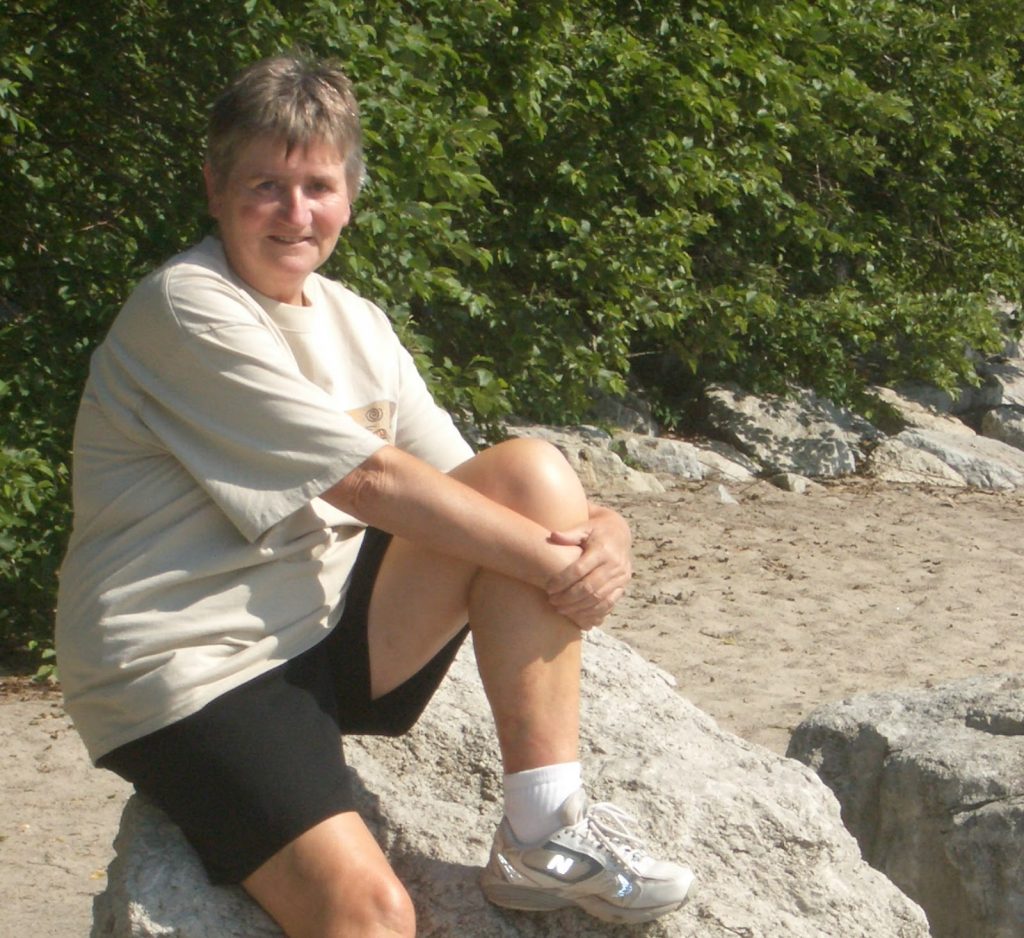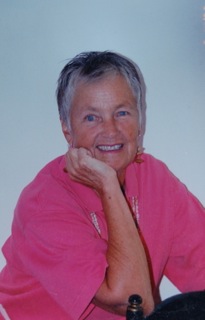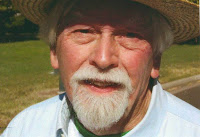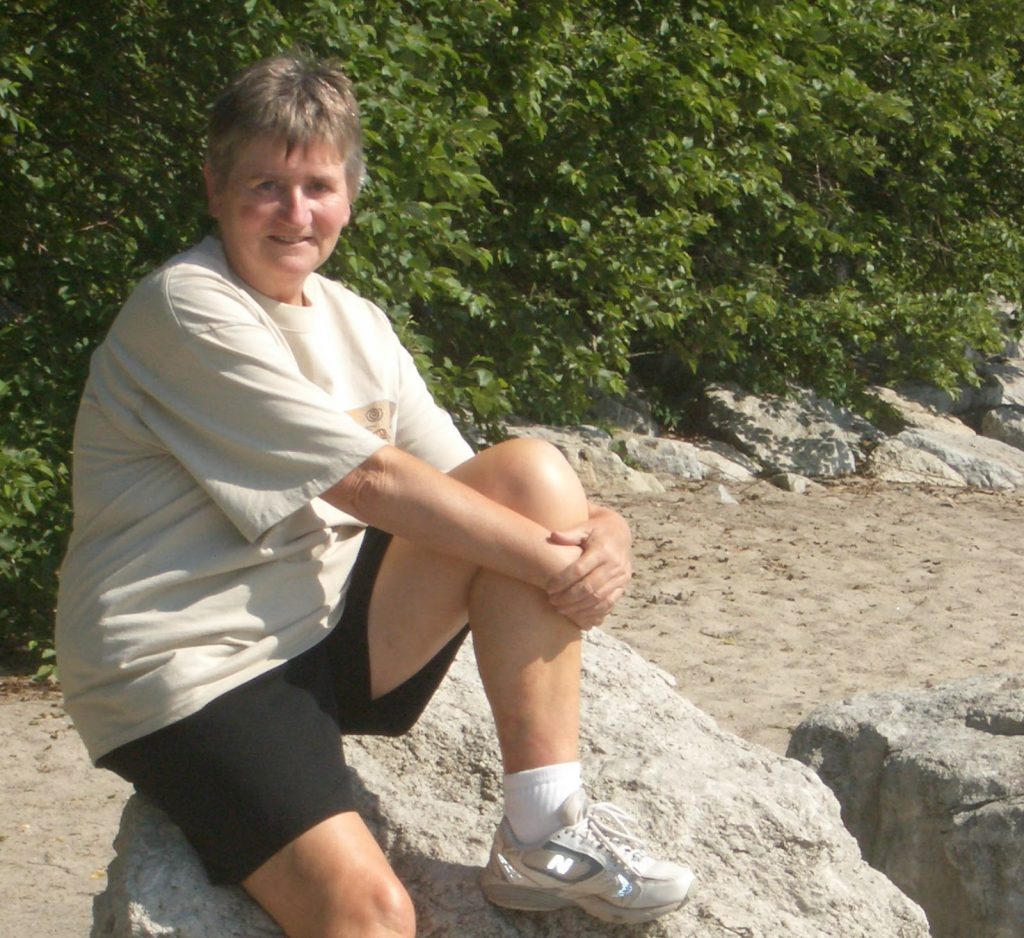I thought of writing about mushrooms the other week when our topic was “Magic” but that led too inevitably to the psychedelic connection, which is far from the kind of magic I personally attach to mushrooms. They bring, for me, a nostalgia for the magic of innocent childhood days.
One of my very favorite things was when my mum and dad and I would go off together into the fields and woodlands to pick mushrooms. My vision of it is my mother with the basket on one arm and me swinging from the free hand between her and my dad. Perhaps this happened for just one instant, once, but you know how it goes. These things from the distant past expand themselves until they occupy vast stretches of time, and in my memory every time we went what we called “mushrooming,” I clasped each of them by the hand and swung my feet off the ground between them. We were not a touchy-feely kind of family and holding both their hands is a thing I cannot remember doing at other times or in other circumstances. It was just part of the magic of mushrooms.
Mostly we went in autumn, early in the morning, though I think occasionally we went at other times of the day and year. I associate mist with these morning jaunts, though again this might, in reality, have been just once. We looked for the mushrooms in open grassy meadows among sleepily grazing cows and sheep, and in glades of old oak trees where they grew happily on old rotting stumps. I have no idea what kind they were, though the ones from the fields were different from those in the trees. We worried little about accidentally picking poisonous ones, but I have no idea whether we were simply lucky or whether my parents had some learned or inherited knowledge about such things. Even I knew that you never picked toadstools, but they were easy to tell apart from mushrooms. Every child knew that fairies only live in toadstools; never in mushrooms! Though mushrooms do form what we always called “fairy rings,” growing in clear circles on the grass. Even when the mushrooms were not there, the rings still were visible as mounds or depressions in the grass, and as the mushrooms tended to grow again in that same ring, it was always a good place to look. These circles were sometimes just a yard or so across, but some were huge, ten to twenty feet in diameter. No-one knew why they grew in these circles so of course who else was to be held responsible but the little people? Stones the size of a pinkie or a fist or occasionally a football were also sometimes arranged in circles, always called “fairy rings” for the same reason. I loved to imagine these little creatures busily pushing and tugging at the rocks to get them arranged correctly, but was never too sure how they got the mushrooms to grow that way. Perhaps, I thought, they planted the wee seeds in a circular trench, the way my dad planted the potatoes in a straight trench.
For me, mushrooms were all about the gathering. I rather lost interest in them when we got the overflowing basket home, though I enjoyed eating them well enough. Had they been readily available in stores via mushroom farms as they are now, I probably would not have liked them, as many children do not, but back then they were rare enough to be attractive.
These days, sadly, in my opinion, picking mushrooms has, like so many things, lost its simplicity and become hugely complex. For one thing, of course, you can no longer wander freely over your neighbors’ fields and woods and help yourself to anything growing there. For another, mushrooms have fallen victim to TMI. We have way Too Much Information about them, as about most things. Did you know that there are an estimated 10,000 different species of mushrooms in North America; that a mushroom specialist is called a mycologist? Do you care?
On Google Earth, I find, you can see mushrooms from space, honest! Well, not the mushrooms themselves, but the tell-tale fairy rings left by some species. These rings are clearly visible satellite images, so you can select likely fields to visit whilst sitting at your computer. Talk about taking all the fun out of things! How can that possibly compare with tucking cold hands into Mom and Dad’s warm ones, watching the frost turn your breath to fog? How can finding something on the internet bring you memories to last a lifetime? And the rings themselves have some completely scientific explanation to do with fungus, and have lost all their magic. Worse than that, they sometimes appear on a pristine lawn and no amount of digging will destroy them so the Web recommends destroying them with chemicals. The poor old fairies are in big trouble in the modern world. And their fairy stone rings, apparently, are causes by the continuous winter freeze/thaw cycle pushing the rocks, not the little people at all, at all.
In Britain, where of course my childhood memories originate, mushrooms have become big business; not only via mushroom farms where they are cultivated en masse but also the picking of wild ones. Far from the “mushrooming” of my youth, it has now gone upscale and is invariably termed mushroom “foraging.” It seems that in order to partake of this, what at least used to be, simple pleasure one first needs to buy some expensive basket via one of many international online boutique such as fungi.com, (yes, there really is such a place!) along with an equally costly knife, the purpose of which escapes me as we always pulled them up and they exited the wet ground with a wonderfully pleasing plop. One then arms oneself with a variety of books and maps and charts so as to identify what one is searching for, and to identify the best place and time to search for it, so as not to waste valuable time and to avoid the hazard of poisoning oneself, even though only about one percent of all mushrooms can be lethal. And after all that, of course, you’ve run out of time and simply hire a “Mushroom Foraging Guide,” to lead you by the hand, instead. (Yes, there really are such people!)
Just reading about it all on WildMushroomsOnline.co.uk wore me out.
And d’you know what upset me most; the worst thing I discovered in my researches way down in the TMI depths? There is actually no scientific basis for differentiating so-called toadstools from mushrooms. They are just variations of the same thing. Oh no! Haven’t those poor fairies suffered enough? How are they to know where to live? I tell you one thing, if I ever suffered from little people envy, I’m cured. The last place I want to live in these challenging times is down at the bottom of the garden with the fairies!
And so the magic goes; the magic fantasies of fairies and the magic moments of mushrooming. It’s partly my age, of course, and partly the age. The world has changed so very much in the time that I have inhabited it, and I would be the last one to claim that it is all for the worse. Those days gone by were not necessarily better, but there’s no denying they were simpler. I have to wonder where the children of this fast-paced electronic era will find the magic, but I try to keep the faith that they will, and fortunately I shall never know.
© December 2013
About
the Author
I was born and raised in England. After graduation from college there, I moved to the U.S. and, having discovered Colorado, never left. I have lived in the Denver-Boulder area since 1965, working for 30 years at IBM. I married, raised four stepchildren, then got divorced after finally, in my forties, accepting myself as a lesbian. I have now been with my wonderful partner Betsy for 25 years.









